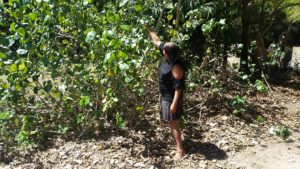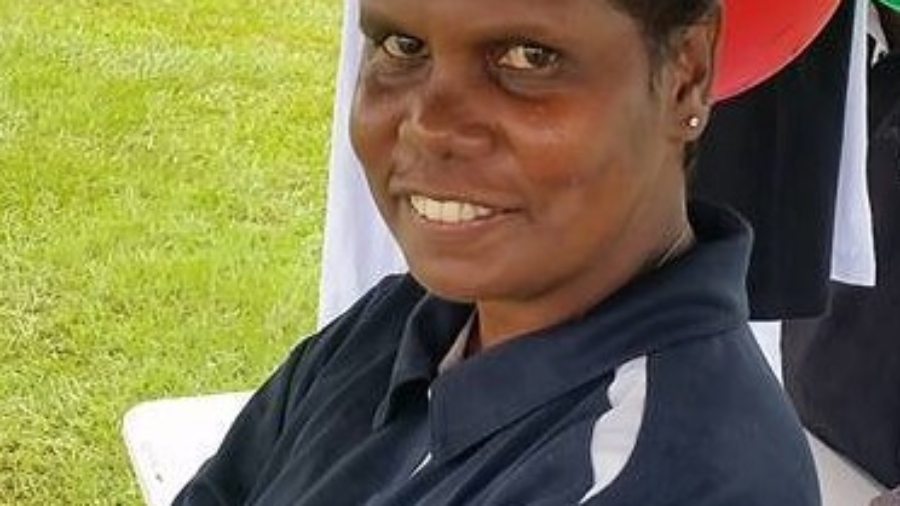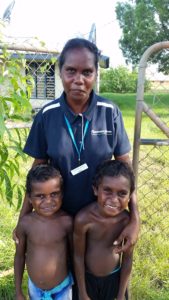Jannice Luland is our guest on episode 26 of Talk the Walk. Jannice is a proud Aboriginal woman and direct descendant of the Wodiwodi and Walbunja peoples of the far South coast of NSW. After a career spanning over 30 years in child protection, out of home care, justice health, mental health, domestic and family violence and sexual assault, Jannice finally graduated with her Masters of Social Work in 2015.
Aunty Jeno, as she is known in her community of Nowra in NSW, is passionate about supporting women and young people in the field of domestic violence and sexualised violence, and has a special interest in the impact of intergenerational trauma on the Stolen Generations.
As well as being employed as a Healing Counsellor at Waminda, Jannice currently serves on the Aboriginal Elders committee and cultural committee. She is a huge advocate of social work practice frameworks which incorporate cultural healing practices. In our conversation we dive deep into what this looks like and what it means for Jannice to be able to incorporate her culture into a strong values and evidence-based model of therapeutic care.
In this episode, we explore:
- A brief overview of the services at Waminda, an Aboriginal owned and run health and well-being service
- How Waminda applied Aboriginal healing principles to address issues of low engagement with Aboriginal women accessing sexual assault and domestic violence services
- How Jannnice arrived at social work after landing her first job as an uneducated single mum
- How and why Jannice keeps culture central in her social work practice framework
- Reflections on studying the social work degree and the lack of theoretical frameworks that intersect Indigenous cultures
- Exploring the benefits, responsibilities and achievements as a member of the Elders group and cultural committee within the organisation
- The theory and cultural knowledge behind the Singing for Healing program
- Jannice’s desire to connect with other Aboriginal social workers across Australia to explore cultural therapeutic approaches
- The importance of accessing cultural social work supervision
- The values Jannice says are important in overcoming challenges within the work
- Critical aspects of a healing counselling service that contribute to Closing The Gap
- Role models and special people that have influenced Jannice’s life and career in social work and a sense of gratitude
- Inspiring Aboriginal women to take up social work
- That sparkling moment with the clapsticks
The sound is less than ideal at the beginning of this interview, but does improve, so please stick with it.
To listen, simply click on the Play button below or listen via the Stitcher App for iOS, Android, Nook and iPad.

You can also subscribe to podcast and blog updates via email from the Menu on the Home Page.
Don’t forget, if you or someone you know would make a great interview on ‘Talk the Walk’, send us an email from the Contact Page.
Things to follow up after the episode
Trauma Trails by Judy Atkinson
Waminda website
Follow Waminda on Facebook
Contact Jannice Luland on jannicel(at)waminda(dot)org(dot)au
Podcast: Play in new window | Download
Subscribe: RSS

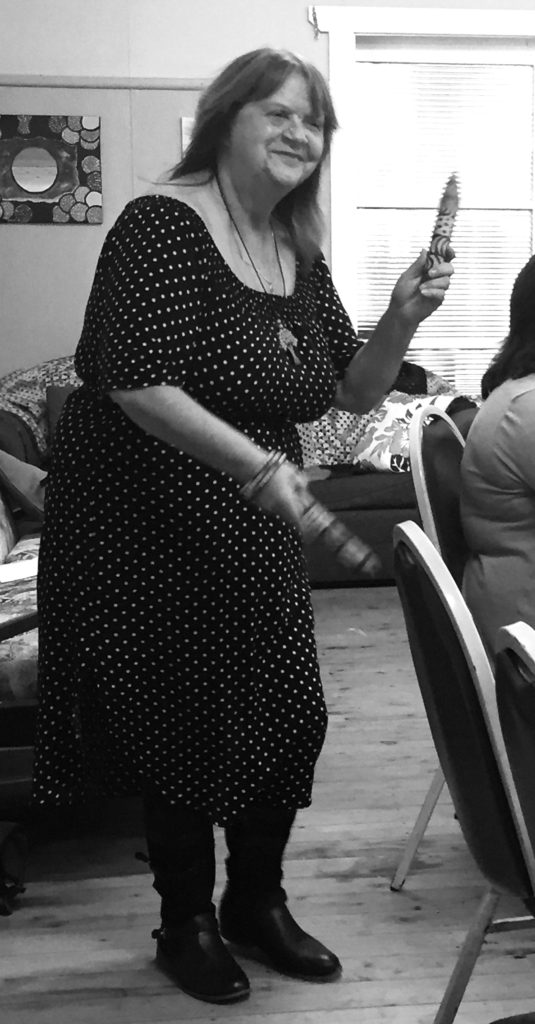
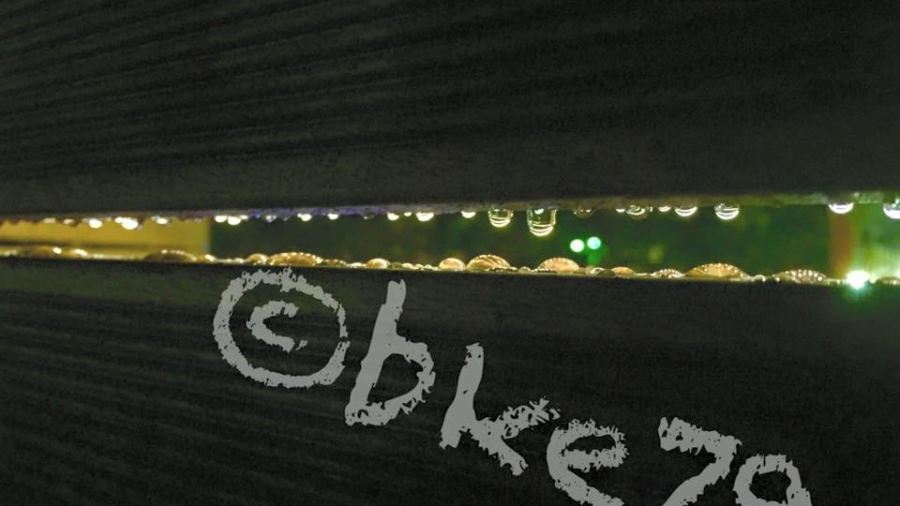
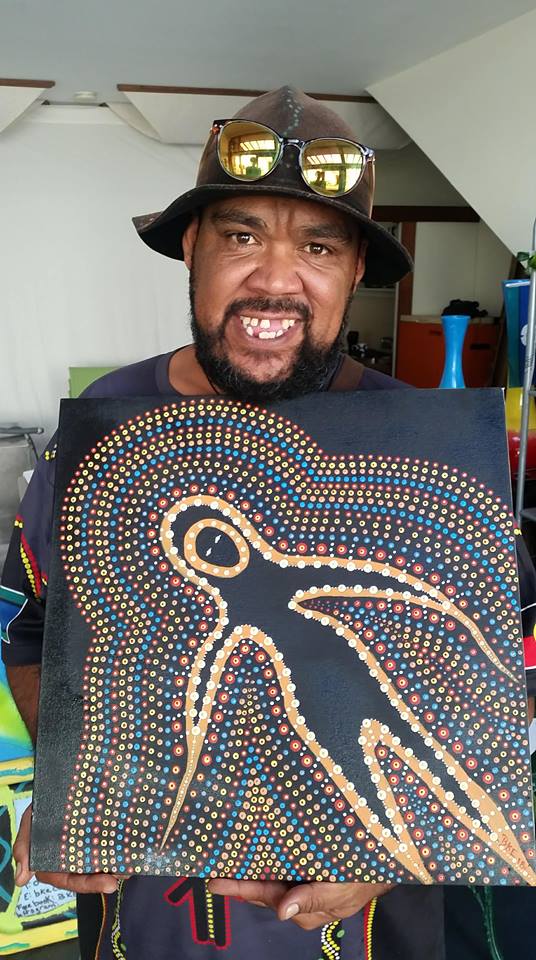 This week on ‘Talk the Walk’ I sit down with Bernard Kelly-Edwards in the middle of his tiny art shop in the thriving alternative community of Bellingen. Bernard is surrounded by paintings, expressions of who he is, a local Gumbayngirr man, and symbols of the deep spiritual connection to country that he shares with others.
This week on ‘Talk the Walk’ I sit down with Bernard Kelly-Edwards in the middle of his tiny art shop in the thriving alternative community of Bellingen. Bernard is surrounded by paintings, expressions of who he is, a local Gumbayngirr man, and symbols of the deep spiritual connection to country that he shares with others.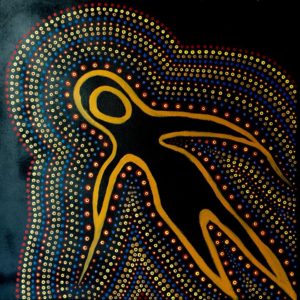
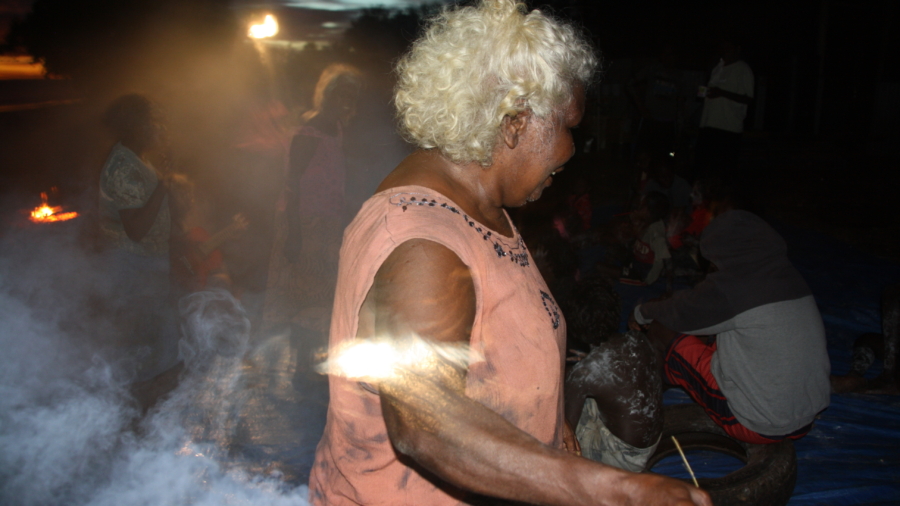

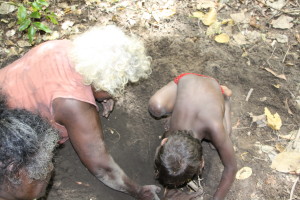
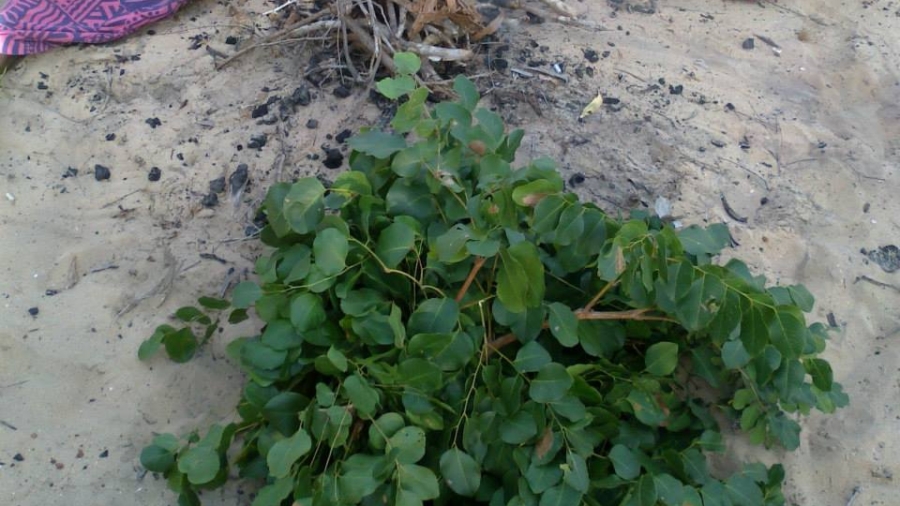
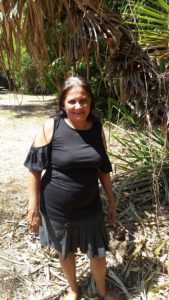 While I am gearing up to undertake the first Forest Therapy* course offered on Australian soil down in the Yarra Ranges this week, it seems the interest in ecotherapeutic approaches to health and wellbeing is growing rapidly. While the Western world is just catching up with the scientific evidence to prove nature can heal us from the social ills of overconsumption and environmental degradation, Indigenous cultures across the world have always known of the healing power of nature. For many years I’ve heard Elders from the Tiwi Islands prescribe ‘going out bush’ as the best treatment for mental health problems and young people who are going off the rails, rather than traditional talk therapies. Leonie Hunter of the Tiwi islands is my guest on ‘Talk the Walk’ this week. With knowledge and wisdom passed down to her from family and a passion for understanding mental health in the 21st century, Leonie unpacks what ‘nature as healer’ means to the oldest culture in the world.
While I am gearing up to undertake the first Forest Therapy* course offered on Australian soil down in the Yarra Ranges this week, it seems the interest in ecotherapeutic approaches to health and wellbeing is growing rapidly. While the Western world is just catching up with the scientific evidence to prove nature can heal us from the social ills of overconsumption and environmental degradation, Indigenous cultures across the world have always known of the healing power of nature. For many years I’ve heard Elders from the Tiwi Islands prescribe ‘going out bush’ as the best treatment for mental health problems and young people who are going off the rails, rather than traditional talk therapies. Leonie Hunter of the Tiwi islands is my guest on ‘Talk the Walk’ this week. With knowledge and wisdom passed down to her from family and a passion for understanding mental health in the 21st century, Leonie unpacks what ‘nature as healer’ means to the oldest culture in the world.